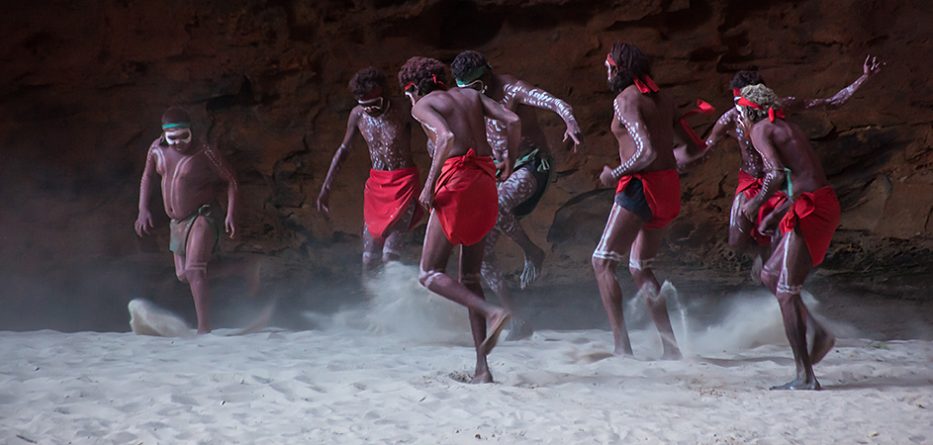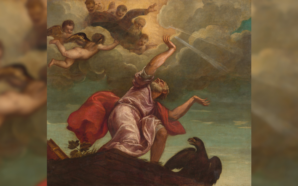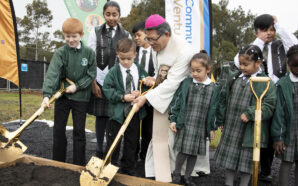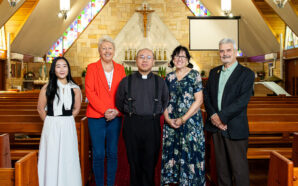As Christians, we are called to love our neighbours (Mark 12:31) and to be peacemakers (Matt. 5:9). Voting for a Voice to Parliament (VP) that will more than likely cause division between Indigenous Australians and between Indigenous and non-Indigenous Australians, and whose complexity is likely to make it more difficult to solve the problem of disparities is neither loving our Indigenous neighbours nor facilitating peacemaking.
Every one should see the proposed VP first and foremost as merely a means to an end or goal. It is supposed to be a means towards the goal of closing the gap of Indigenous-non-Indigenous inequality. We all desire the goal, but we disagree on whether the VP will be an effective means.
We are told by the architects of the VP as well as Prime Minister Anthony Albanese to read the Calma-Langton report to understand the full VP proposal. Here’s what the report says:
- The Voice is not just to the federal parliament; it is also to the bureaucracy, the public service (pp.11, 54, 151). It’s much bigger than we are being told. It’s impossible to believe that this VP won’t make legislation and policymaking more inefficient.
- There are, in fact, 36 voices all up, not just one Voice. As well as the federal VP there are 35 Local-Regional Voices (LRV) that are supposed to have the same rights to local and state governments as the VP will have to the federal government (pp.17, 24). It will be up to the local and state governments to establish these rules. I foresee much buck passing between LRV and from the VP to the LRV.
- The elections of the representatives of the LRV are not necessarily democratic (p.55). They can be selected by those already wielding power and influence in local communities (pp.49, 84). The representatives of the LRV are also the ones who select the 24 representatives of the VP. This is not a democratic body, which means that it is highly likely that there will be widespread claims among Indigenous Australians that they are not truly represented by these voices.
- There are over 250 Indigenous tribes each of which considers itself sovereign over its own affairs. The VP and LRV demand that members of one tribe have the right to speak for many other tribes. This will create division among Indigenous Australians.
- The VP will not hear the LRV on issues that are local and regional, only on systemic or national issues (p.37). So, in fact, the VP won’t even be dealing with most of the everyday problems faced by Indigenous Australians.
- Both the VP and the LRV will have the right to make representations to federal MPs, as will the existing Indigenous services sector (p.6). So which voice counts as THE voice?
We also need to entertain the possibility that this VP is not as widely supported among Indigenous Australians as we have been told. The early figures of 80% and 83% support were not based on big sample sizes and were gathered from existing online survey databases, and gathered before the ‘No’ case was becoming nationally prominent. Even professional pollsters have said they need to be treated with caution. Furthermore, around the same time as these surveys, in February 2023 the Passing the Message Stick survey reported that 42% of Indigenous Australians had heard little to nothing about the VP, and 25% said they would vote ‘No’. It is quite possible that those early figures are misleading or that, like non-Indigenous support over the past six months, Indigenous support has declined since these surveys were taken as the debate has unfolded.
According to the Uluru Statement from the Heart (USFTH), a treaty “is the culmination” of the “agenda”, and the USFTH website speaks of Indigenous “sovereignty” as the ultimate goal of all of this. In other words, there is every reason to think that the VP will leave the really difficult issues to the LRV and spend the bulk of its time advocating for a treaty, something that will be highly divisive and, even if achieved, of little tangible benefit to those 20-30% of Indigenous Australians who are really suffering.
Some say that the Voice is merely recognising Indigenous Australians and we should therefore vote ‘Yes’. But there are other far less divisive and counterproductive ways to recognise Indigenous Australians in the constitution, such as a reference to them in the Preamble as advocated by former prime minister Tony Abbott.
We all want to close the gap, and that’s why we should vote ‘No’ to a VP that is both unlikely to do this and likely, in my opinion, to make things worse. For Indigenous voices who are opposed to this proposal, I recommend Dr Anthony Dillon, Mr Warren Mundine, and Senator Jacinta Price.
Dr Stephen Chavura is Senior Lecturer in History at Campion College, Sydney. He has written elsewhere on the VP here and here.








